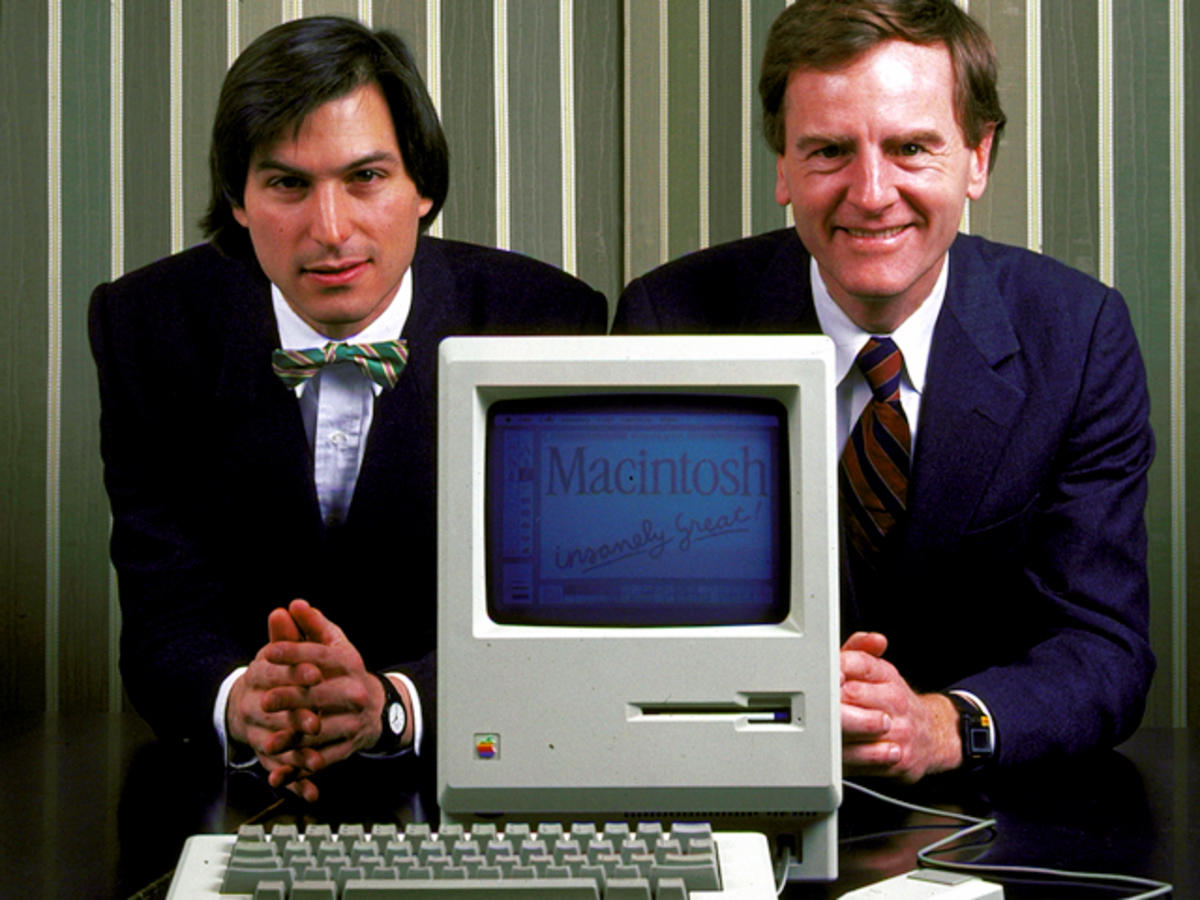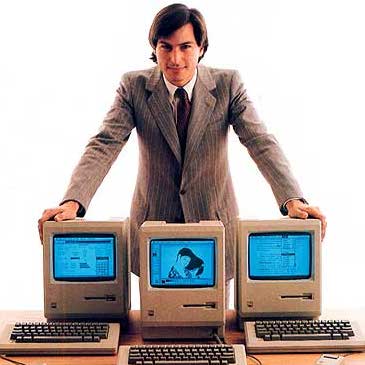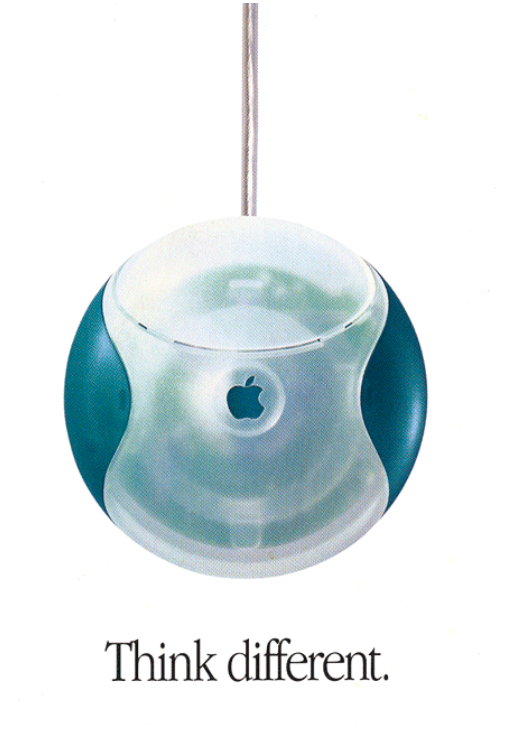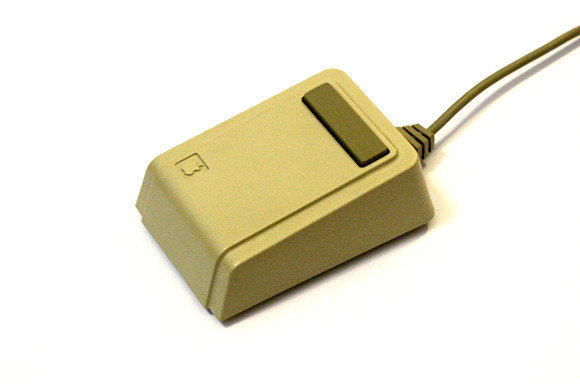Steve Jobs earned a number of different nicknames. Calling him the Nostradamus of the technology industry would certainly be an exaggeration, but the truth is that a few decades ago he managed to predict quite accurately what the world of computer technology would look like today.
Today's computers are not only an integral part of almost all households, but laptops and tablets have also become a matter of course, thanks to which we can work and have fun practically anywhere and at any time. A pocket office or multimedia center is also hidden in our smartphones. At the time when Jobs tried to muddy the waters of the technology industry with his Apple company, it was far from the case. Server editors CNBC summarized three predictions of Steve Jobs, which at the time seemed like a scene from a science fiction novel, but eventually came true.
It could be interest you
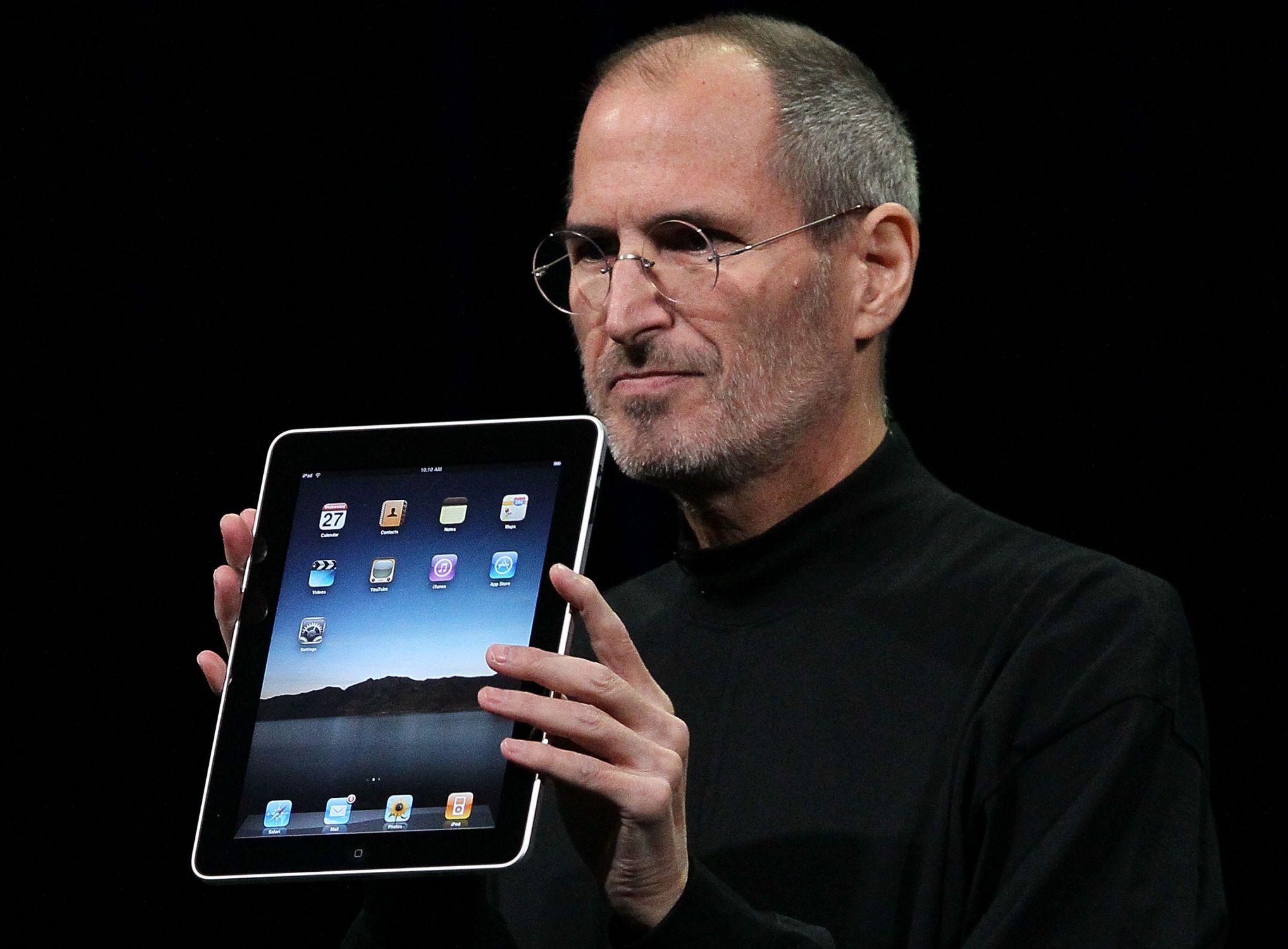
Thirty years ago, a home computer was not as commonplace as it is today. Explaining to the public how computers could benefit "ordinary people" was a challenging task for Jobs. “The computer is the most incredible tool we have ever seen. It can be a typewriter, communication center, super calculator, diary, binder and art tool all in one, just give it the right instructions and supply the necessary software." Poem Jobs in a 1985 interview for Playboy magazine. It was a time when getting or using a computer was not easy. But Steve Jobs, with his own stubbornness, resolutely stuck to the vision according to which computers should become an obvious part of household equipment in the future.
Those home computers
In 1985, the Cupertino company had four computers: the Apple I from 1976, the Apple II from 1977, the Lisa computer released in 1983 and the Macintosh from 1984. These were models that found their use mainly in offices, or for educational purposes. “You can really prepare documents much faster and at a higher quality level, and there are a number of things you can do to increase office productivity. Computers can free people from a lot of menial work." Jobs told Playboy editors.
However, at that time there were still not many reasons to use a computer in one's free time. "The original reason for buying a computer for your home is that it can be used not only for your business, but also to run educational software for your children," Jobs explained. "And this will change - computers will be a staple in most homes," predicted.
In 1984, only 8% of American households owned a computer, in 2001 their number increased to 51%, in 2015 it was already 79%. According to a CNBC survey, the average American household owned at least two Apple products in 2017.
Computers for communication
Today it seems normal to use computers to communicate with others, but in the eighties of the last century it was not such a matter of course. "In the future, the most compelling reason to buy a computer for the home will be the ability to connect to a wide communication network," stated Steve Jobs in his interview, even though the launch of the World Wide Web was still four years away. But the roots of the Internet go much deeper in the form of the military Arpanet and other specific communication networks. Nowadays, not only computers, smartphones and tablets can connect to the Internet, but also household equipment such as light bulbs, vacuum cleaners or refrigerators. The Internet of Things (IoT) phenomenon has become a common part of our lives.
Mice
The mouse has not always been an integral part of personal computers. Before Apple came out with the Lisa and Macintosh models with graphical user interfaces and mouse peripherals, most commercially available personal computers were operated using keyboard commands. But Jobs had strong reasons for using a mouse: "When we want to point out to someone that they have a stain on their shirt, I'm not going to tell them verbally that the stain is four inches below the collar and three inches to the left of the button." he argued in an interview with Playboy. "I'll point to her. Pointing is a metaphor we all understand … it's much faster to perform functions like copy and paste with a mouse. It is not only much easier, but also more efficient.' A mouse combined with a graphical user interface allowed users to click on icons and use various menus with function menus. But Apple was able to effectively get rid of the mouse when needed, with the advent of touch screen devices.
Hardware and software
In 1985, Steve Jobs predicted that the world would have only a few companies specializing in the production of hardware and countless companies producing all kinds of software. Even in this prediction, he was not mistaken in a way - although hardware manufacturers are increasing, there are only a few constants in the market, while software manufacturers - especially various applications for mobile devices - are truly blessed. "When it comes to computers, Apple and IBM in particular are in the game," he explained in the interview. "And I don't think there will be more companies in the future. Most new, innovative companies focus on software. I would say that there will be more innovation in software than in hardware.” Just a few years later, a dispute erupted over whether Microsoft held a monopoly on the computer software market. Today, Microsoft and Apple could be described as the main competitors, but in the field of hardware, Samsung, Dell, Lenovo and others are also fighting for their place in the sun.
What do you think of Steve Jobs' predictions? Was it an easy estimate of the future development of the industry, or a truly futuristic vision?
